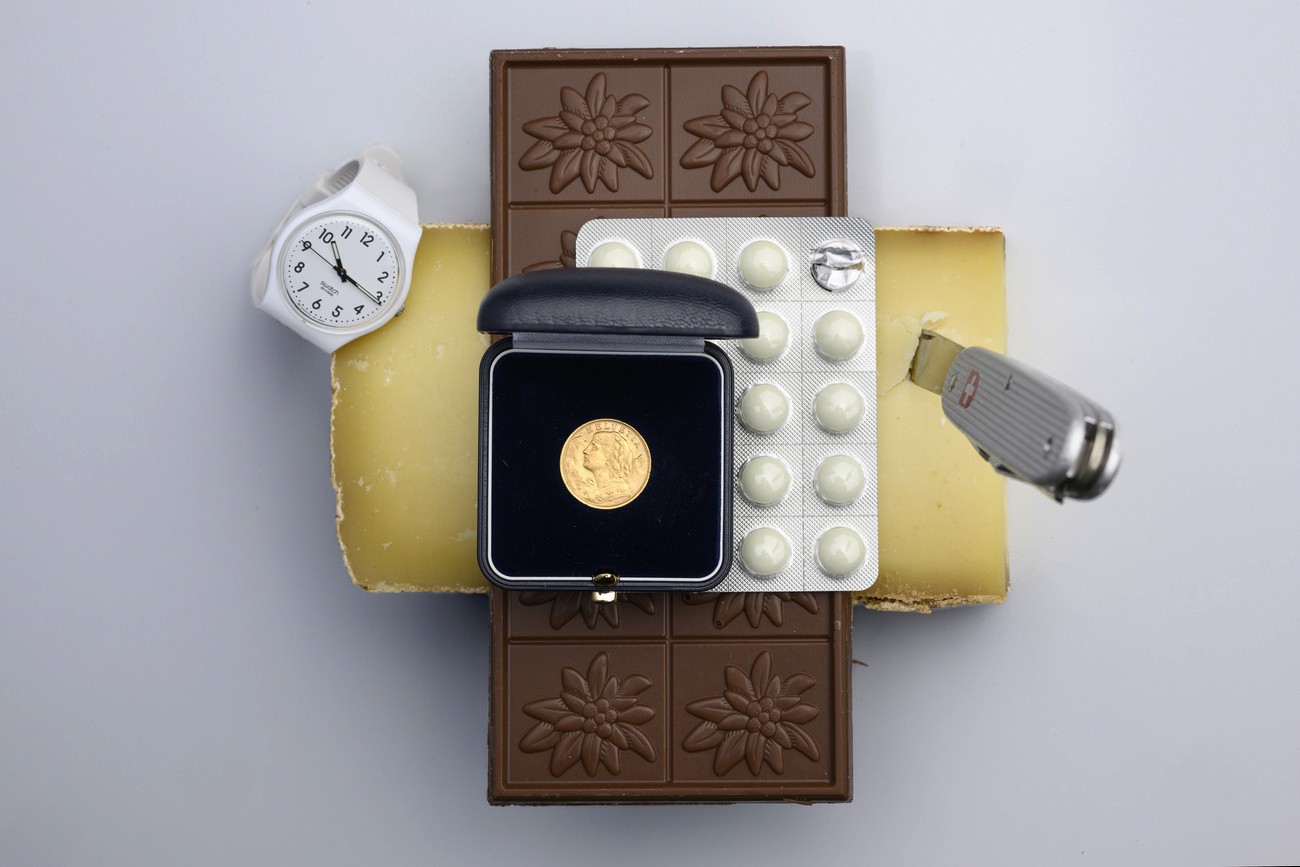
Jewish leader warns Bern museum over Gurlitt artworks

The head of the World Jewish Congress has warned Bern’s Kunstmuseum that it risks an "avalanche" of lawsuits if it accepts German collector Cornelius Gurlitt’s controversial art collection, some of which is thought to be looted Nazi art.
Ronald Lauder, the head of the World Jewish CongressExternal link, told the German weekly Der Spiegel in an interview: “If this museum in Switzerland gets involved with this inheritance, it will open Pandora’s box and unleash an avalanche of lawsuits – possibly from German museums, but certainly from the descendants of the Jewish owners.”
In May the Bern Art MuseumExternal link was named sole heir of Cornelius Gurlitt, the reclusive son of a man who dealt in so-called “degenerate” art for Adolf Hitler. The Bern museum has yet to decide whether to accept the artwork.
Gurlitt, who lived a reclusive lifestyle, inherited the paintings, sketches and prints from his father Hildebrand Gurlitt, a prominent German art dealer in the 1930s and 1940s. The current value of the collection is an estimated CHF1.23 billion ($1.4 billion).
The secret hoard of more than 1,400 artworks, which include works by Picasso, Chagall and Matisse, was discovered by chance in 2012 when German tax officials raided Gurlitt’s Munich apartment. The collection was thought to have been lost in the Second World War.
“The people in Bern will harm themselves and their country if they take these paintings before their provenance is cleared up. They would become a museum of stolen art,” Lauder told Der Spiegel.
Gurlitt died in May at the age of 81, in the flat in Munich where he lived and stored the art collection.
The Bern museum said news of his bequest came “like a bolt from the blue,” because it had not had any connection with him.
The museum’s foundation board is expected to decide on November 26 whether or not to accept the collection.

In compliance with the JTI standards
More: SWI swissinfo.ch certified by the Journalism Trust Initiative




























You can find an overview of ongoing debates with our journalists here . Please join us!
If you want to start a conversation about a topic raised in this article or want to report factual errors, email us at english@swissinfo.ch.